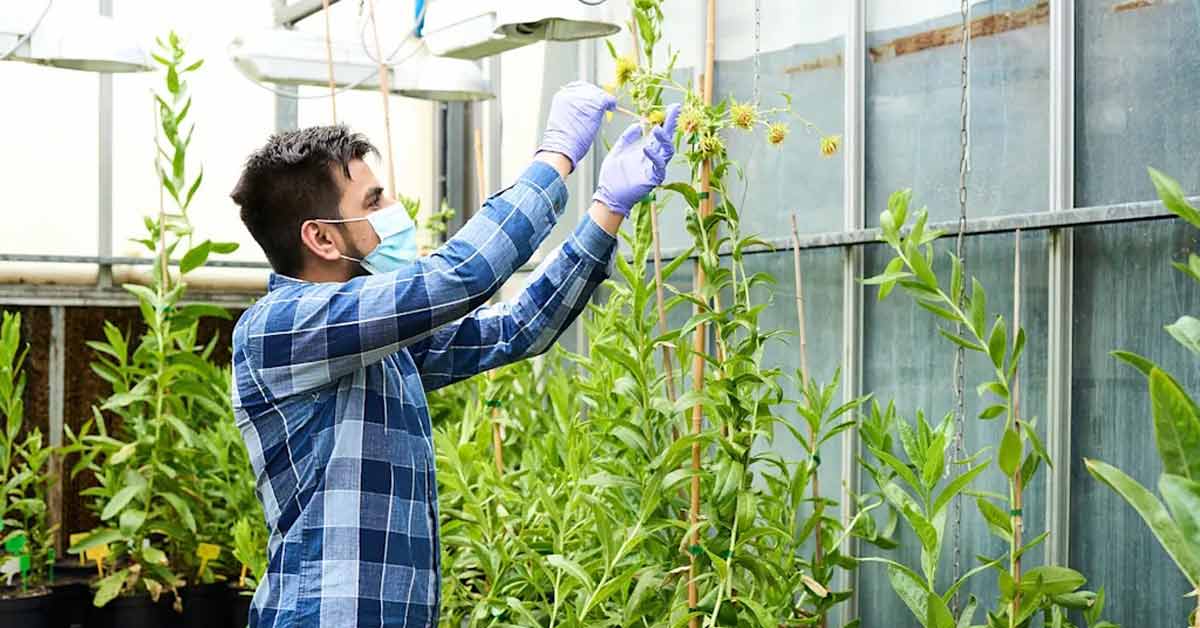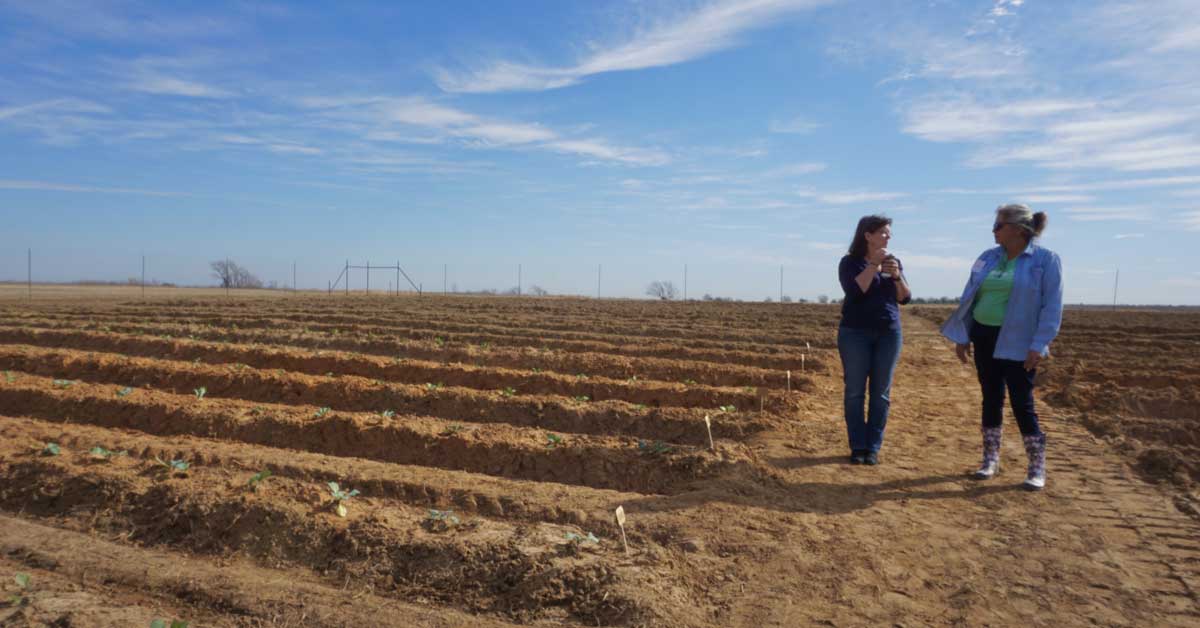As the world begins to rapidly shift its focus toward battery-powered electric vehicles, threats to the environment — and its people — still loom.
The intense demand for nickel used in electric vehicle batteries has compounded human rights concerns and conflict in mining areas like Indonesia and the Philippines.
Rapid nickel mining in these regions has resulted in deforestation, water pollution, and land disputes among local communities and laborers.
Founders at startup Genomines figured there had to be a better way.
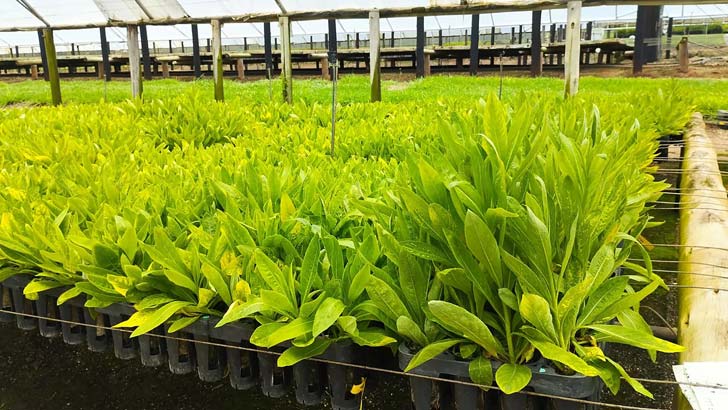
Instead of the traditional approach to mining, which includes dangerous extraction practices to extract rocks from the earth, the startup is successfully mining nickel through plants.
It’s called “phytomining.” Genomines uses a type of daisy known as a hyperaccumulator to get the job done. The plant species is known for its ability to pull metal from the soil through its roots, storing high concentrations of nickel in its stems and leaves.
Better yet, using gene editing, Genomines made a version of the plant that is three times larger — and able to soak up twice as much nickel.
“It’s important because we need a lot of metal, especially for the energy transition in batteries in electric vehicles,” Fabien Koutchekian, co-founder and CEO of Genomines, told Fast Company.
“Not only in batteries, but [nickel is] widely used in stainless steel as part of infrastructure. The problem is that with current traditional mining methods, we will not be able to produce enough.”
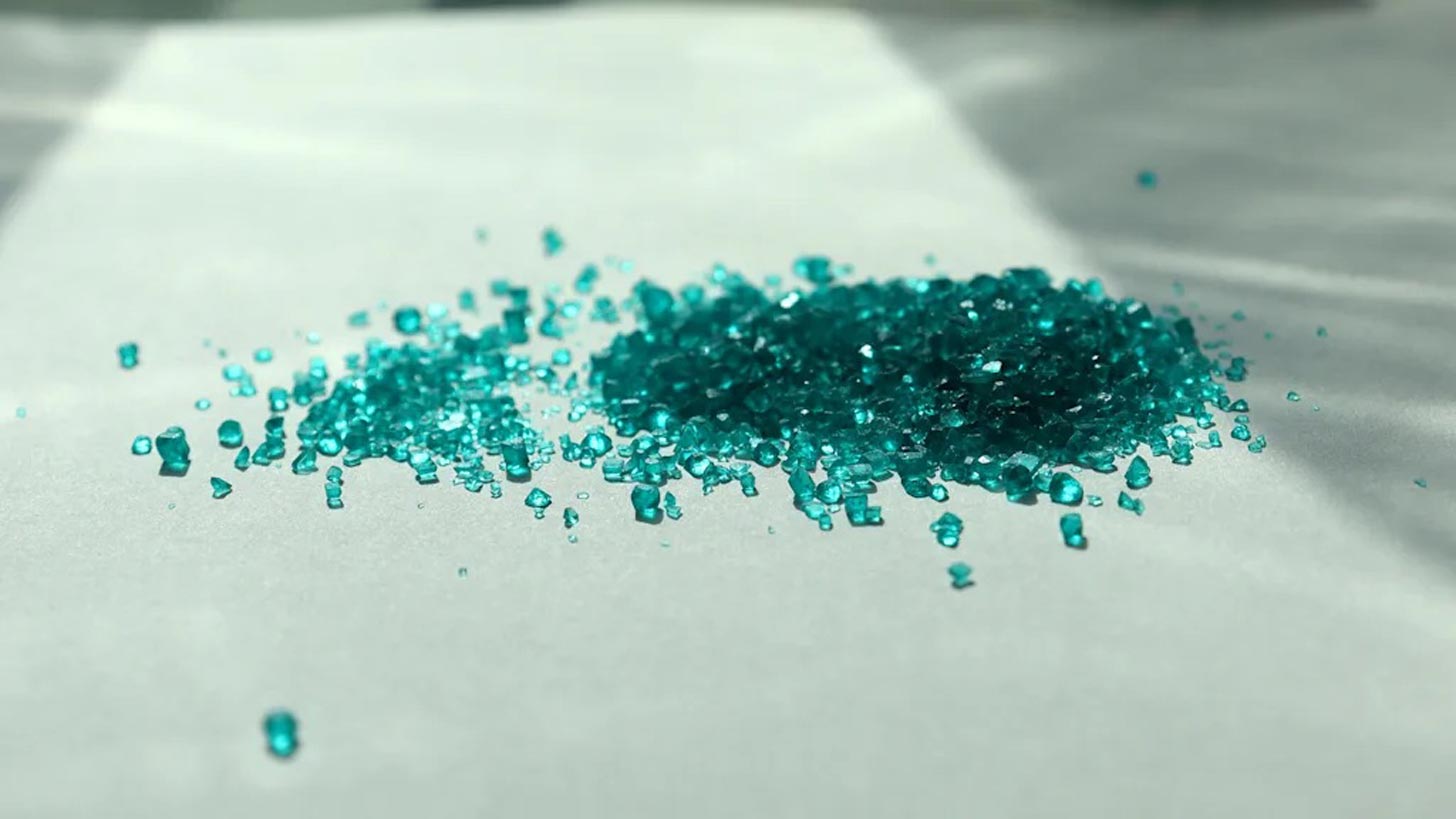
According to the Genomines website, hitting the 2040 goals set out by the Paris Agreement to transition to electric vehicles will require six times today’s global metal output. Not only would extracting more metal through mining cause more damage to the environment, but it would further the human rights crisis at the heart of this industry.
“Indigenous Peoples and rural communities are paying a heavy price for the world’s scramble for energy transition minerals,” Veronica Cabe, Chair of Amnesty International Philippines, said in a statement earlier this year.
But with these high-absorbing daisies, these pitfalls may be avoided.
Genomines just raised $45 million in a Series A funding round and says it plans to scale up sustainable and affordable extraction of nickel from soil.
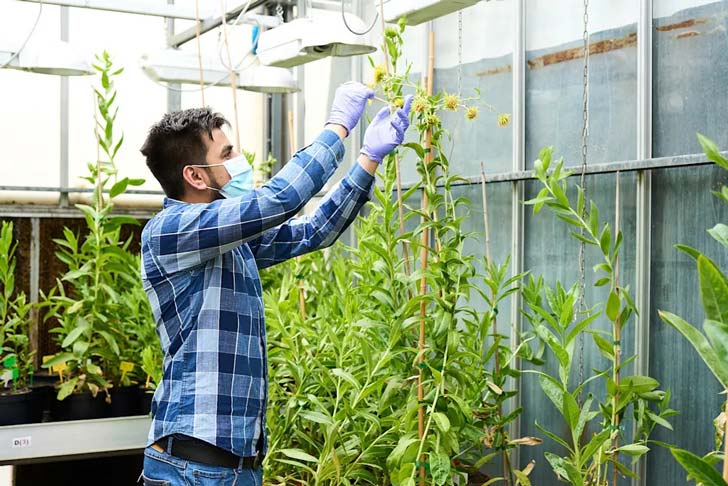
On a pilot site in South Africa, Genomines has found the ideal spot for a phytomine. The location is relatively high in nickel and isn’t suitable for farming, since other plants don’t grow well. But the daisy crop grows within four to six months, absorbing nickel from the ground in the process.
From there, it can be harvested, dried, and heated, creating battery-grade nickel oxide that is sold and refined.
“The plants that we are using have the ability to concentrate the metal that they find in the soil — they concentrate it in their biomass,” Koutchekian told Fast Company. “We’ve managed to reach close to 7.6% metal within the plants.”
The process is also significantly cheaper, more sustainable, and efficient. Compared to a traditional nickel mine, the agricultural site takes up a lot less space and requires minimal infrastructure, with sites able to be up and running in just a year or two.
The plants also capture carbon as they grow, making the whole process carbon neutral.
And instead of deforestation and pollution that comes with traditional mining, the daisies simply remediate the soil.
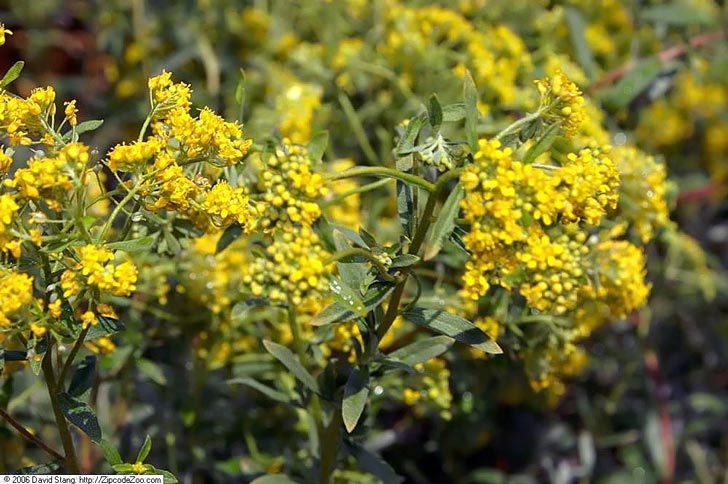
But as appealing as the environmental impact (or lack thereof) is, Koutchekian said the money-saving potential is a major benefit.
Genomines expects to produce nickel oxide at about $10,000 per ton, compared to the current industry median of $16,000 per ton, according to Fast Company.
And with the genetic engineering in mind, Genomines believes it can scale up nickel production to meet growing demand — without the cost of people or planet.
Genomines estimates that about 30 to 40 million hectares of land across the globe contain enough nickel for their phytomining processes. (That’s about 74 to 99 million acres.)
If all of that land were used, the company estimates it could produce 7 to 14 times as much nickel as the traditional mining industry does now.
“Our mission is to harness plant biotechnology to extract resources essential for clean energy technology via scalable processes that preserve biodiversity, soil health and human well-being,” Koutchekian said in a statement.
“Our vision is to create an entirely new industry of plant-based metals. Genomines unlocks a scalable new resource base. We can fundamentally rebalance global mineral supply chains for decades to come.”
You may also like: Lithium has a chokehold on green tech, but new sodium batteries could change that
Header image courtesy of Genomines
